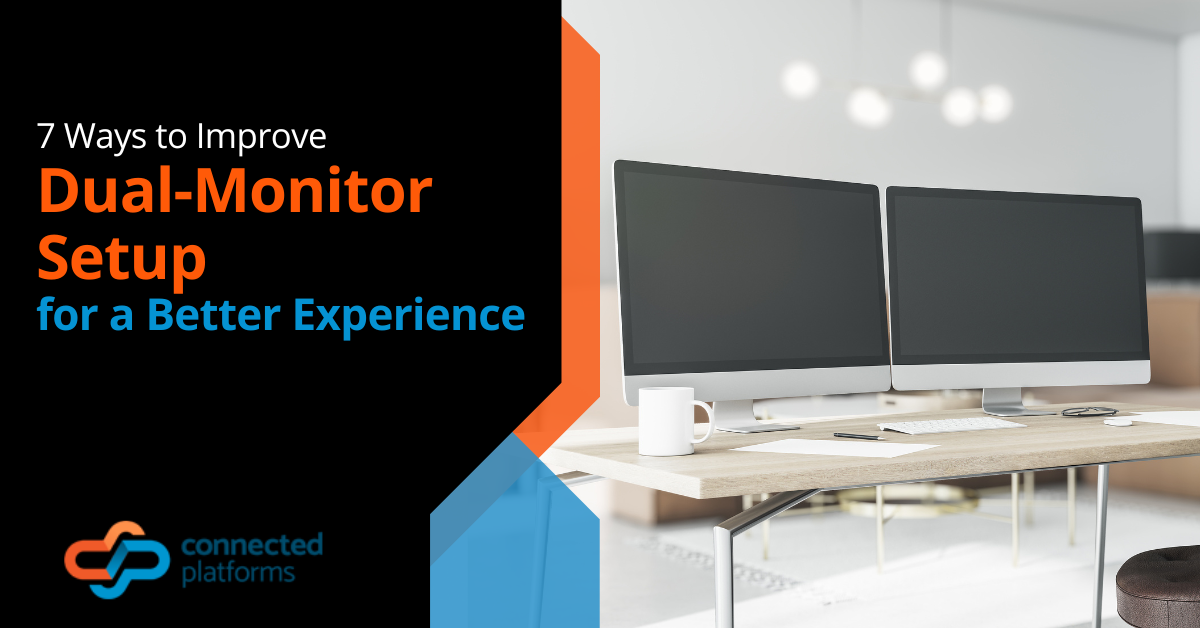The working environment has gone through a cloud acceleration over the past 18 months. While companies were already moving to largely cloud infrastructure before the pandemic, the need to support a remote workforce during lockdowns made cloud adoption even more critical.
Companies had to put cloud business solutions in place to keep everyone connected and ensure people could access data and business apps no matter where they were working.
Now, the world is adjusting to a workplace that’s going to look different post-pandemic than it did before. This includes a mix of remote and office employees, with many employees working in both places throughout the week.
4 in 5 Australian businesses say that even though offices are reopening around the country, remote work is here to stay.
What’s the next step to empower a hybrid workforce? Microsoft is betting the answer is cloud computers.
Windows 365 was just launched in early August, and it’s a fully cloud-based PC running Windows 10 (or Windows 11 once launched). It removes one of the last tethers to an offline environment, which is hardware holding the operating system/desktop environment employees use to access their work.
Is Windows 365 a smart move for your company? We’ll go over the pros and cons to help you decide.
How Does Windows 365 Work?
Windows 365 is a virtual PC. The things that are normally stored on the hard drive of your physical computer are instead stored on a cloud server that you can access via any device over the internet.
This includes the main components of your desktop/PC, such as:
- Operating system
- Settings
- Themes
- Applications
- Folders
- Files
You still need to have a physical device to log in and use your cloud PC, but it can be any device. So, whether you’re on a workstation at the office, a laptop at home, or a tablet while traveling, you can access your same “main computer.”
There are several advantages to businesses to have their PCs virtual, especially when it comes to a remote team. There are also some limitations that companies need to take into consideration if they decide to move to a Windows 365 environment.
Pros of Windows 365 Cloud PC
Improved IT Security
When you have a remote team, it can be tricky to keep up with the security of the device they happen to work on while at home. How can you be sure they’re installing the latest updates and that they have a reliable antivirus running?
When you work with all virtual PCs, your company is in control of the computer environment. So, you can automate updates and enforce security policies across the entire company no matter where employees are working.
Companies can also allow employees to use their own devices without worrying about potential data leakage because they would only be using their home PC to access the Windows 365 cloud PC. All data would be kept in the cloud.
Lower Hardware Costs
When purchasing computers for your company, you have to think about performance, memory, and storage and hope that you make the right decision. If you buy computers that don’t have enough memory, you end up going through costly upgrades.
When your team is using Windows 365, they are only using a physical device to access the cloud PC environment. The cloud PC will be where you purchase storage, memory, and processing power. So, you can buy less expensive workstations and laptops.
You can also scale the cloud environment for your employees’ needs up or down, and only pay for exactly what you use.
Easier for Hybrid Teams
A hybrid worker will work at the office some of the time and at home some of the time. The change in environment can make it tricky when it comes to the computer they are using.
Do they have to use two different computers and switch environments all the time? Do they have to carry a laptop back and forth between the two?
The better solution is using a cloud-based PC that doesn’t have to be carried anywhere. Employees can leave their PC at work with a file open that they were working on and then log in when they get home and pick up right where they left off.
Cons of Windows 365 Cloud PC
You Need a Good Internet Connection
An obvious consideration that can be a problem for some areas is that your employees would need a good internet connection to use their Windows 365 cloud PC.
A slow connection could cause response times to slow down, and there is no ability to use the computer offline.
It’s a Subscription Model Rather Than 1-Time Purchase
Just like companies had to get used to the idea of paying for a software subscription rather than just purchasing it one time, this would be similar.
Instead of buying a computer and then not having that cost come around again for 3-5 years, you would need to pay monthly for your employee computers.
Windows 365 subscriptions run between AU$53.20 and AU$113.30 per user per month. So, for four years at the lowest plan level, it would be AU$2,553.60.
Learn More About Optimising Your Cloud Environment
Connected Platforms can help your Brisbane area business understand the costs versus benefits of deploying virtual PCs at your business.
Contact us for a free consultation. Call (07) 3062 6932 or book a coffee meeting online.




